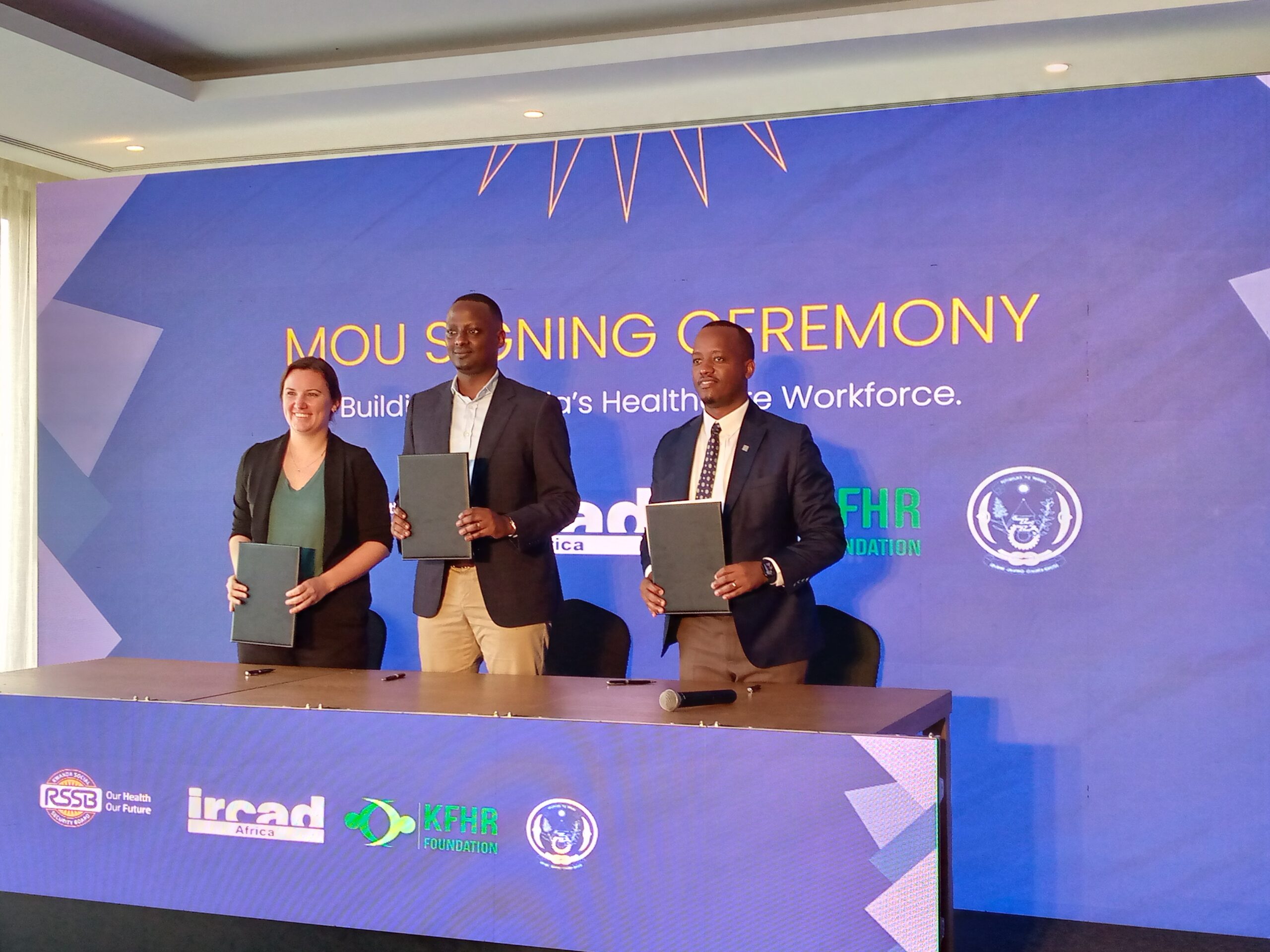
The Rwanda Social Security Board (RSSB) announced its support for the Ministry of Health (MINISANTE) program aimed at quadrupling the number of nurses and midwives and training surgeons.
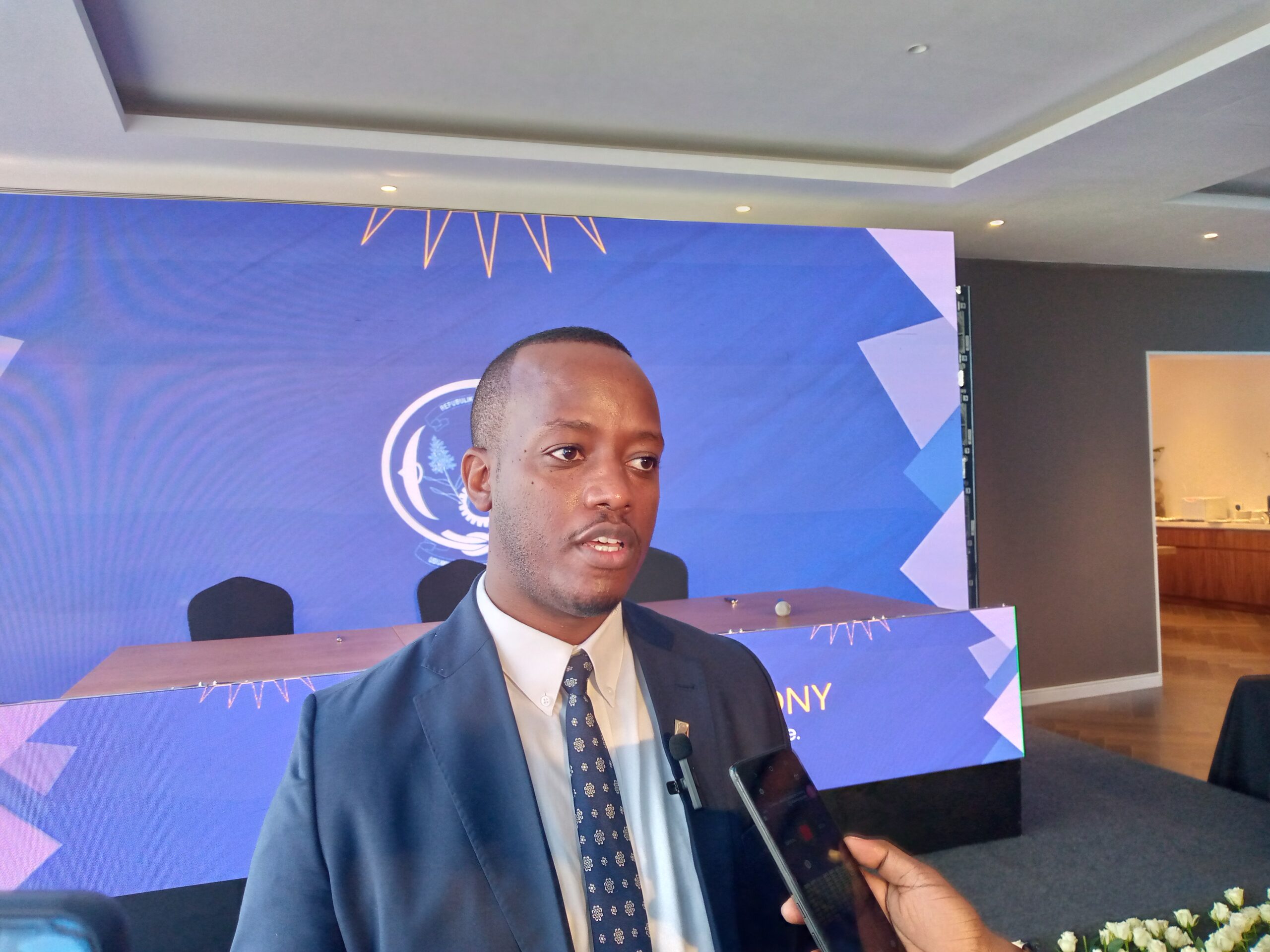
On Friday, October 11, RSSB and MINISANTE signed agreements with the International Research Center for Advanced Endoscopic Surgery(IRCAD Africa),and the King Faisal Foundation of Rwanda(KFHR), which manages King Faisal Hospital. These institutions will provide teaching and training for doctors, nurses and midwives.
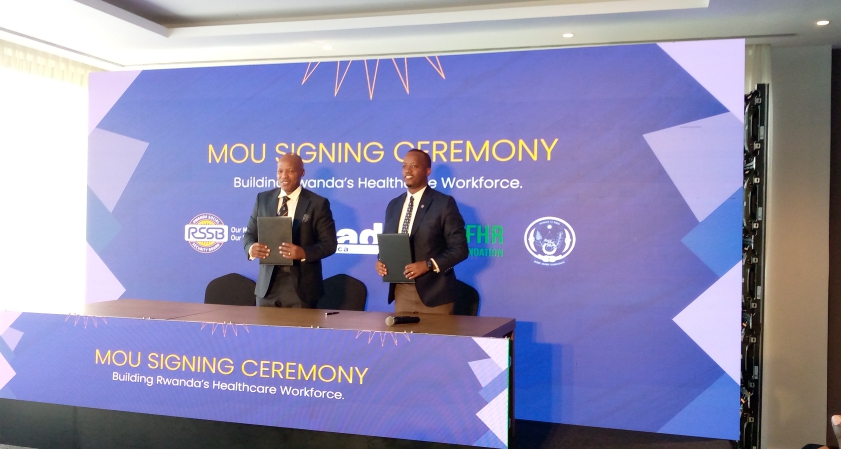
One of the agreements RSSB signed with IRCAD, is valued at 150 million Rwandan francs and will fund training activities for doctors in modern surgical techniques that minimize injury, as well as training for anaesthesia practices.
The Head of IRCAD Africa, Dr. King Kayondo, says that modern surgical skills are being taught to doctors from various African countries, including Rwandans. This involves minimally invasive techniques that allow treatment through small openings in the body, helping to reduce significant wounds.
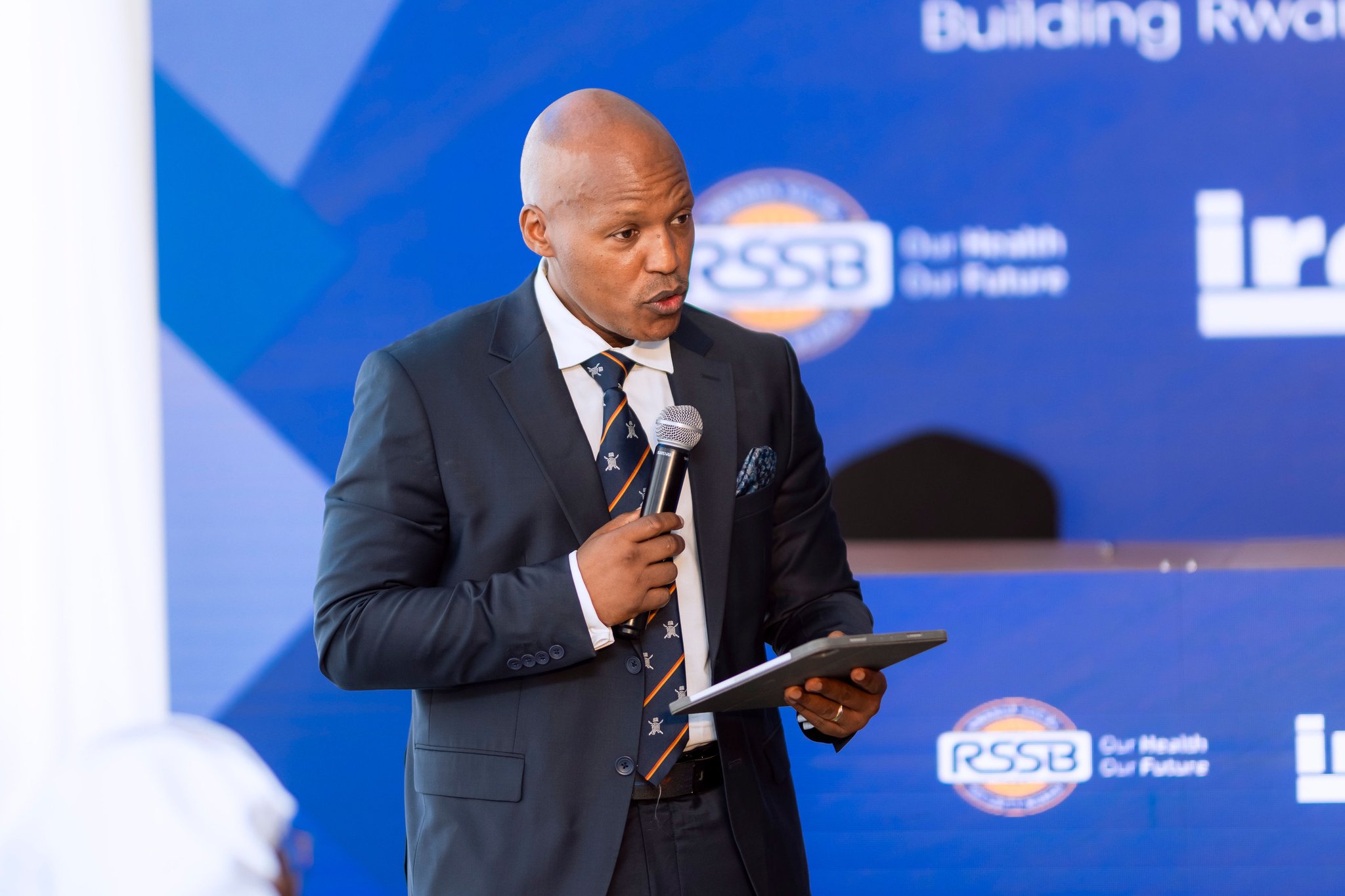
Dr. Kayondo said, “This helps patients leave the hospital quickly, recover faster, and return to work. Since we started, we have trained 350 personnel from 25 African countries, with 30% being Rwandans, which will place Rwanda among the countries capable of providing adequate medical care, reducing the need for patients to seek treatment abroad.”
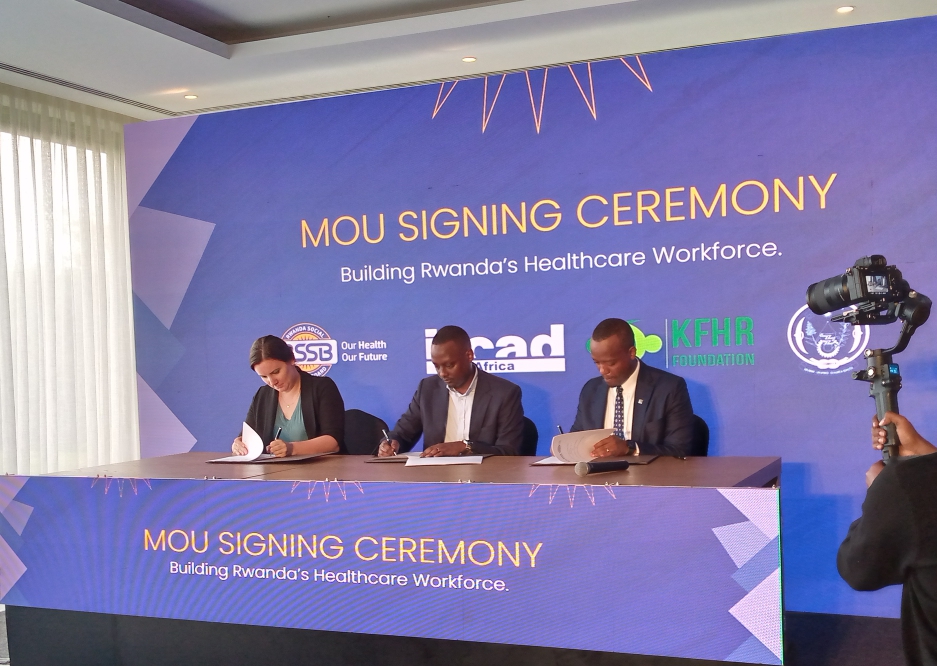
Another agreement, worth over 3.7 billion Rwandan francs, was signed between RSSB and the KFHR Foundation, which will assist nursing and midwifery students to study in larger numbers.
RSSB and the Health Ministry believe that these agreements will increase the number of students supported in nursing and midwifery at universities and higher learning institutions, potentially more than quadrupling the current annual graduates.
The CEO of RSSB, Regis Rugemanshuro, noted that providing good surgical care helps patients recover quickly with less reliance on medication, and having sufficient doctors and midwives will reduce the costs associated with medicines and services provided to members.
“If a patient is not discharged quickly, RSSB ends up paying more. When hospitals have enough staff and better resources, safe childbirth goes smoothly, resulting in lower costs and better outcomes”, Rugemanshuro said.
Health Minister of State, Dr. Yvan Butera, indicated that previously, fewer than 100 nurses and midwives graduated each year, but with RSSB’s involvement, the number could rise to around 600 annually.
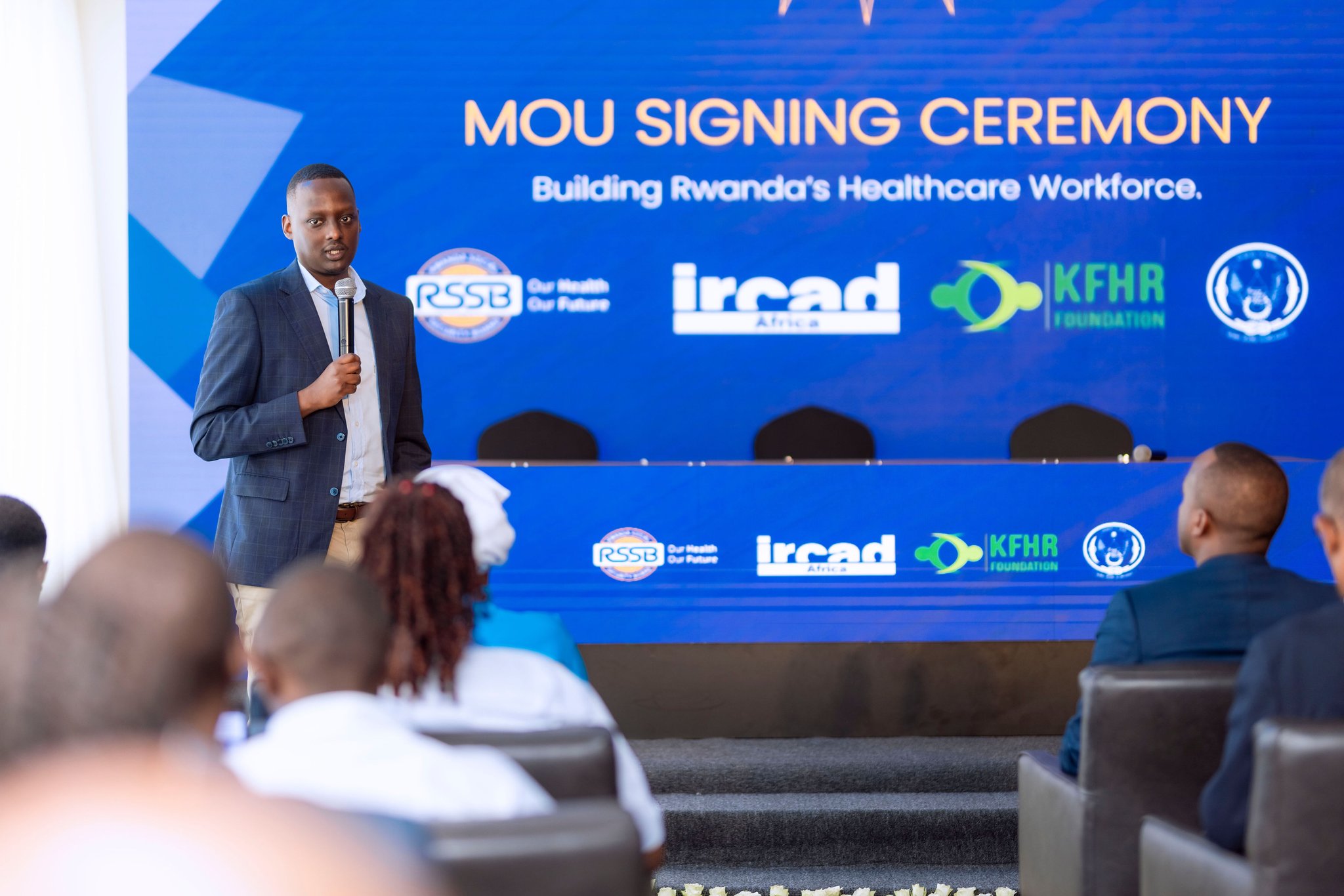
Dr. Butera convinced with a target that universities and colleges will soon reach over 1,400 nurses and midwives each year, which would close the existing gap over four years.
The Nursing and Midwifery Union in Rwanda has submitted a complaint to the Ministry of Health, stating that its members continue to face workplace challenges, with their number still below 11,000 while at least 20,000 are needed.
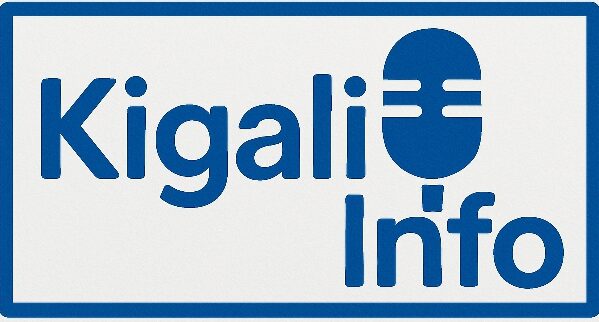

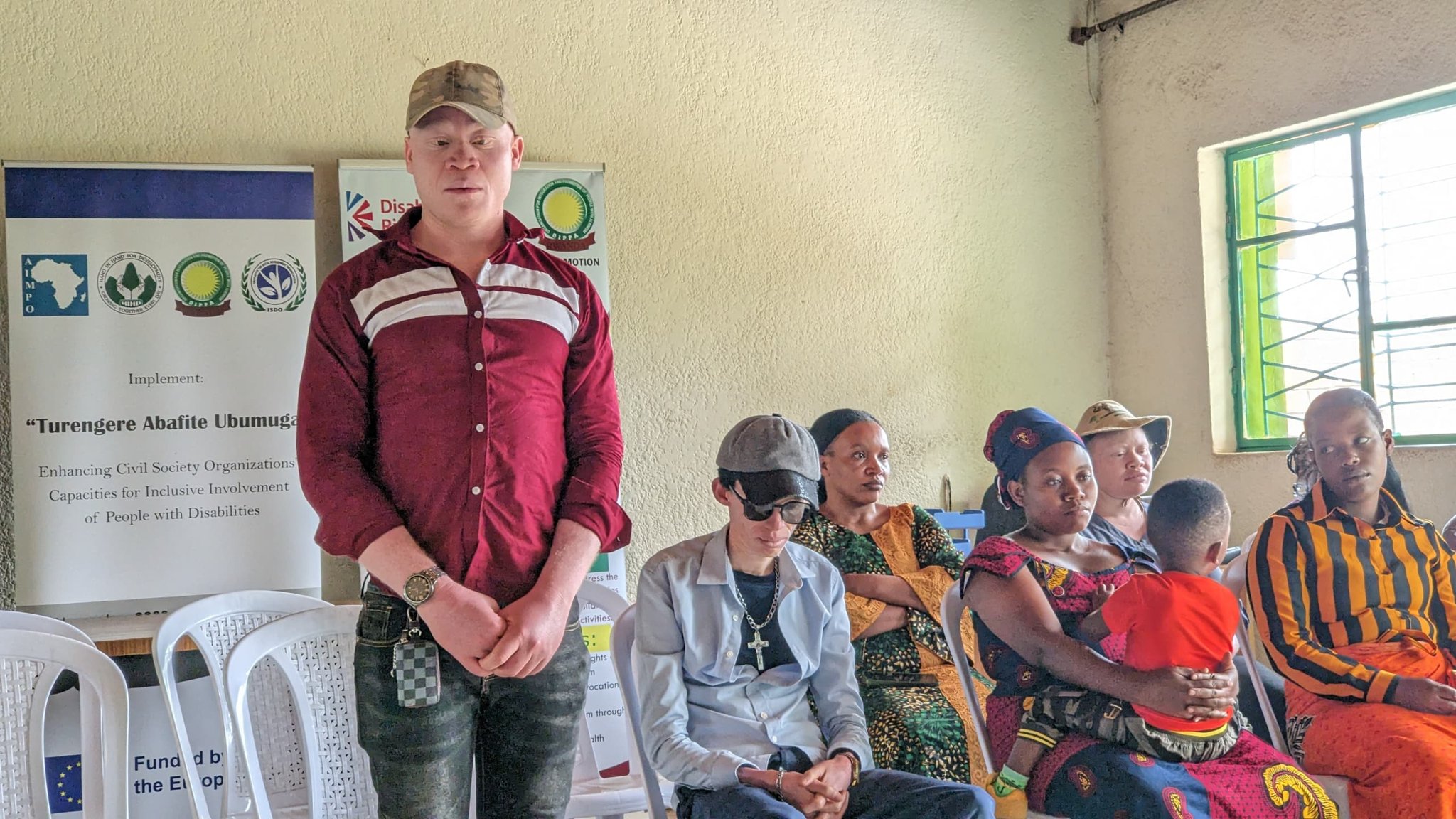

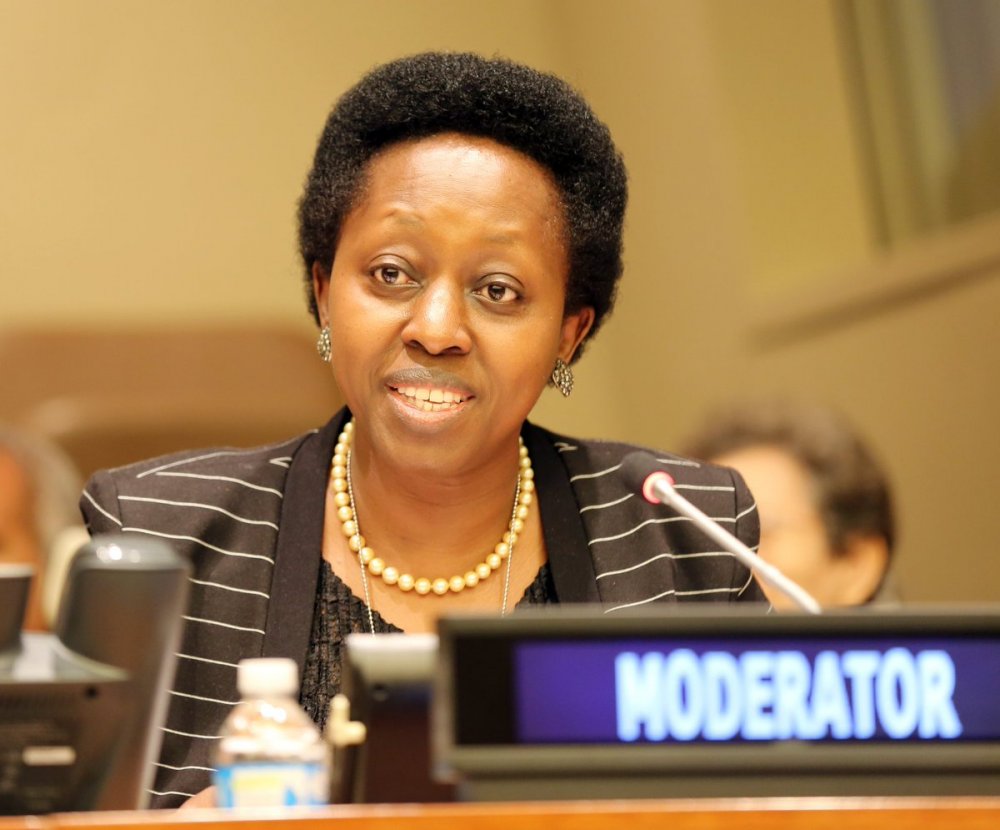
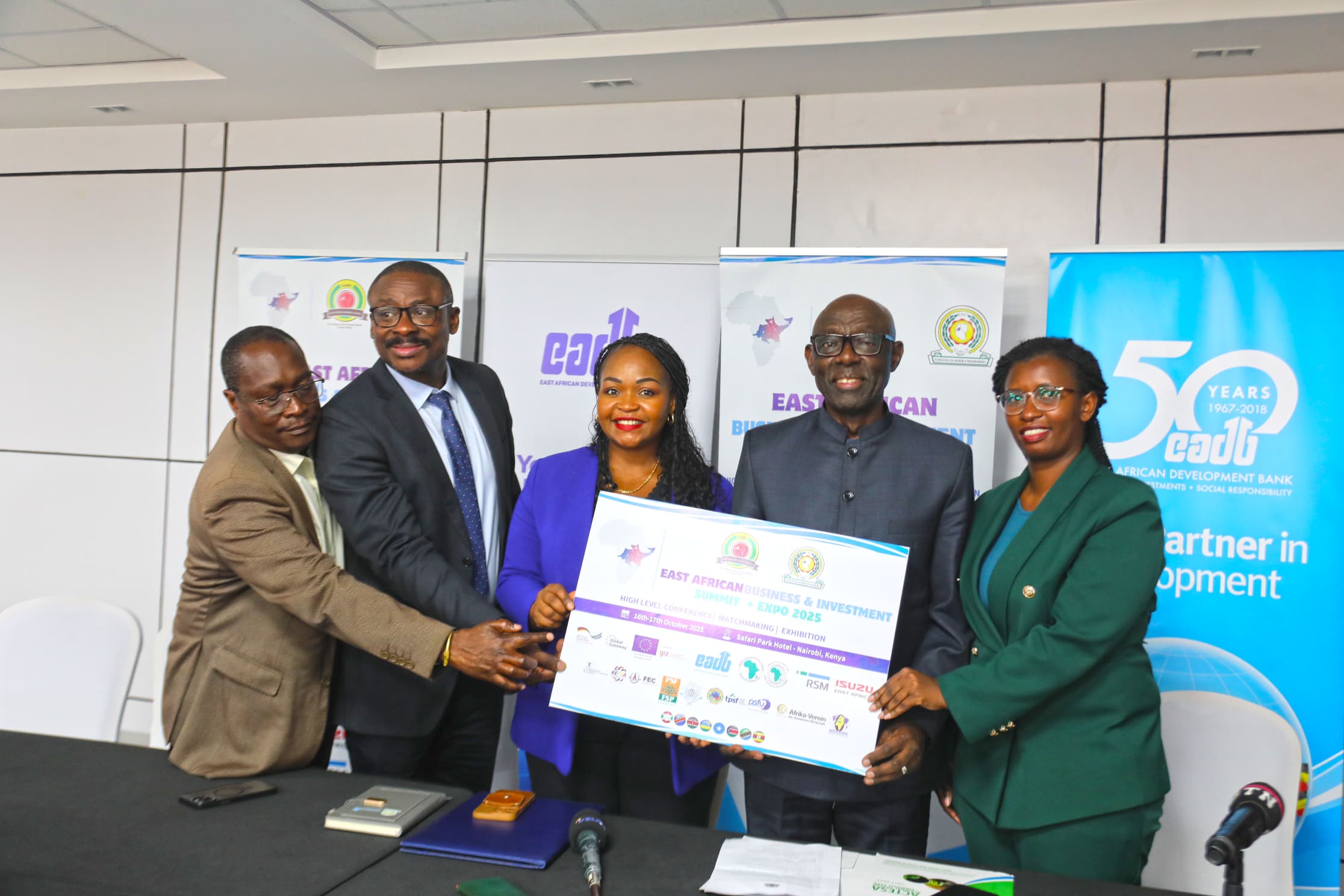

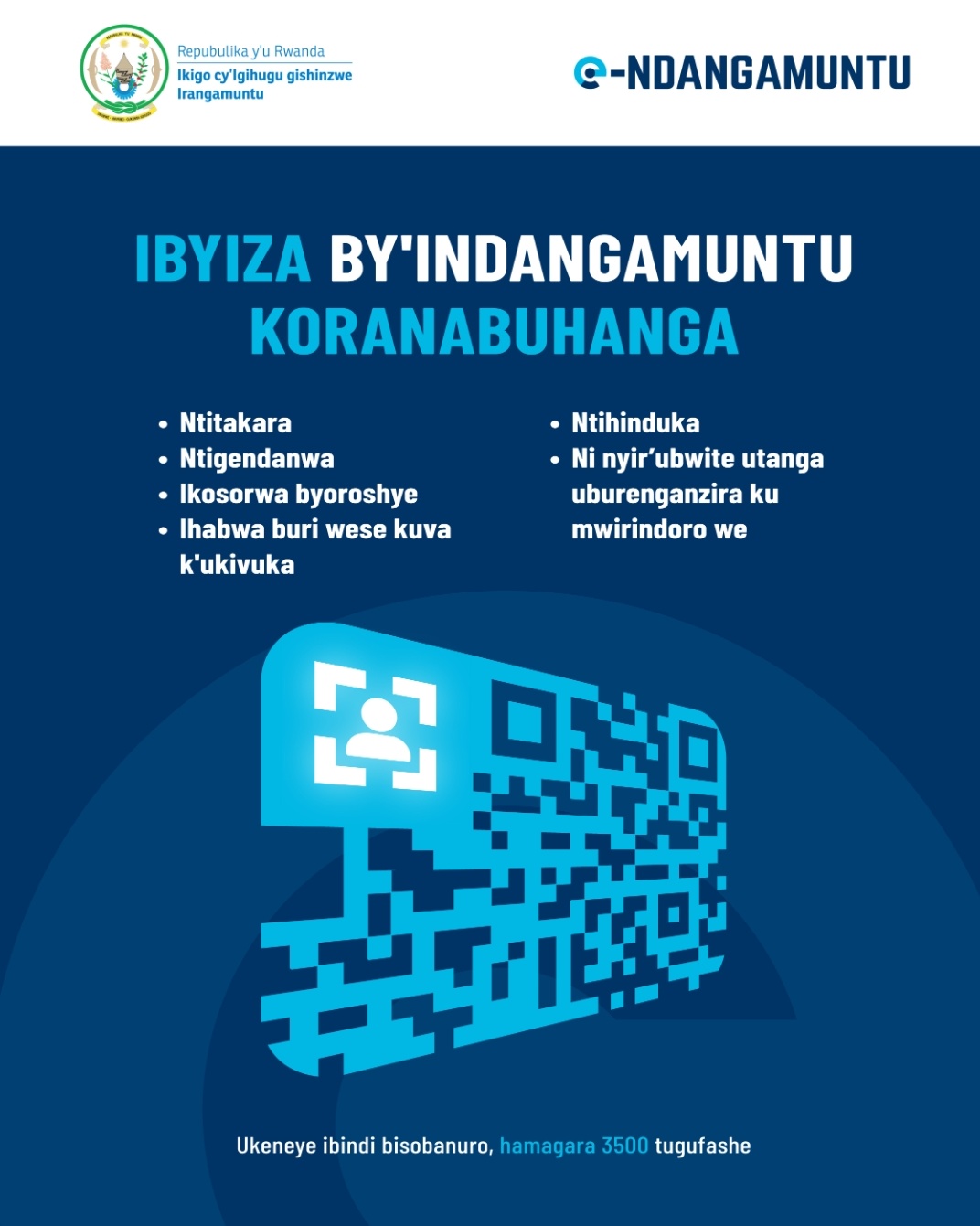


Very nice to the Nurses and midwives for knowledge to supporting patients .problem is recognition level of nurses A0 in workplace